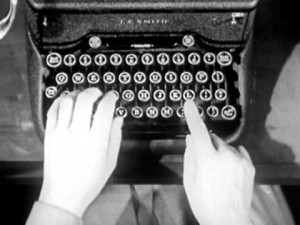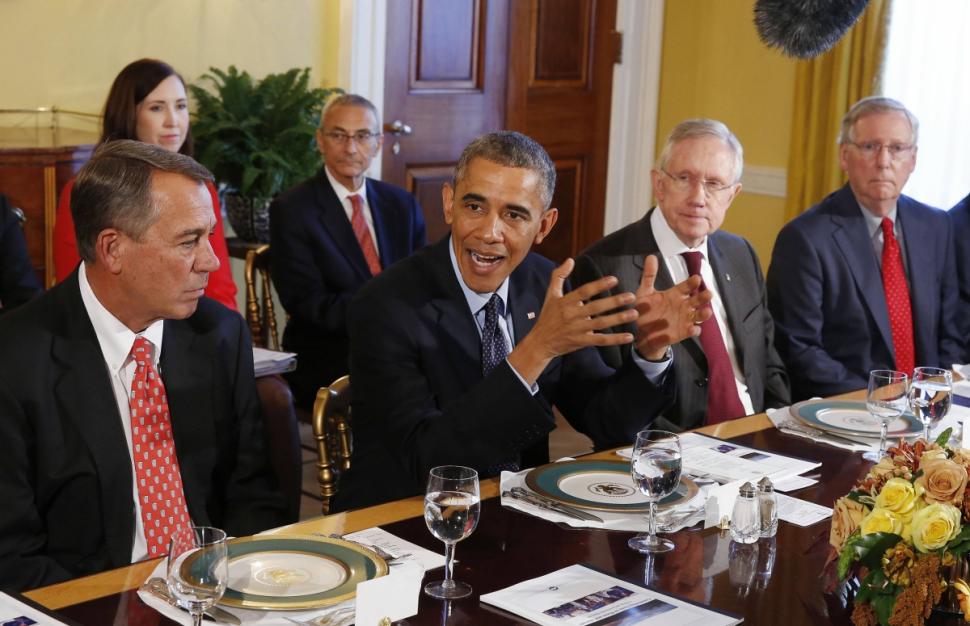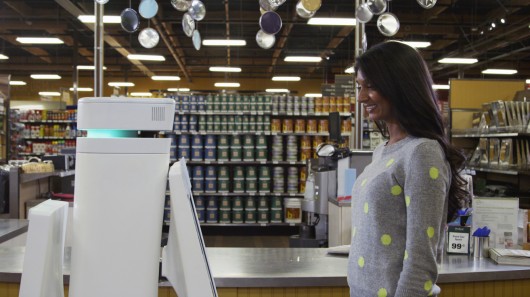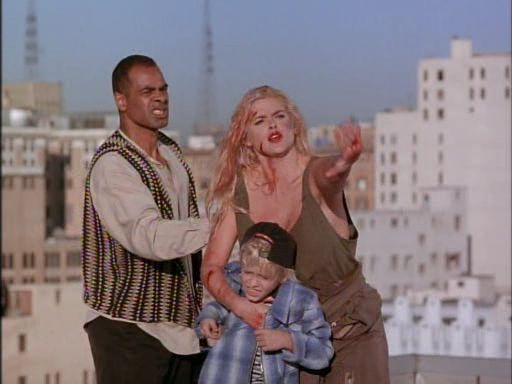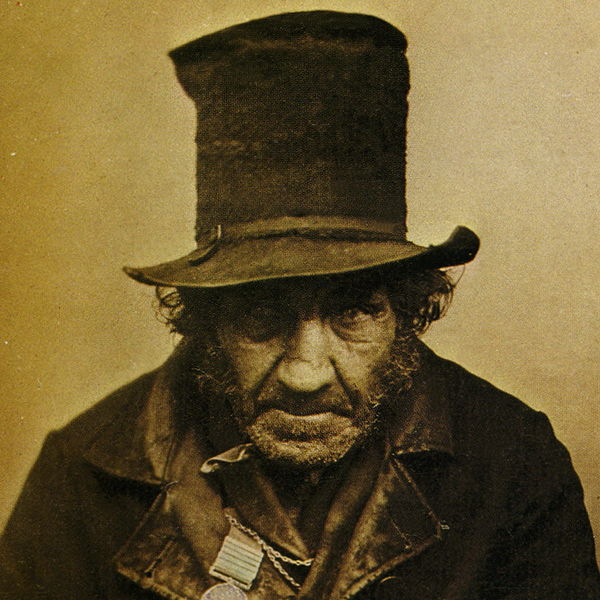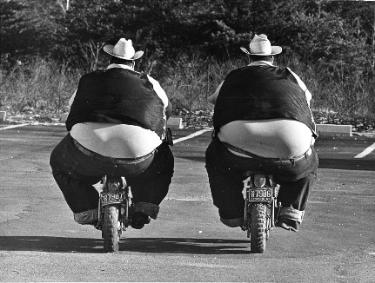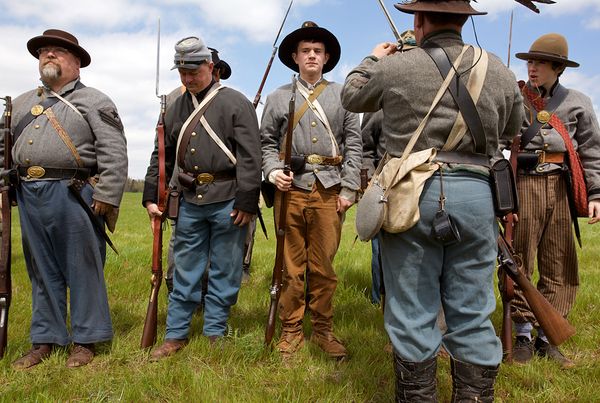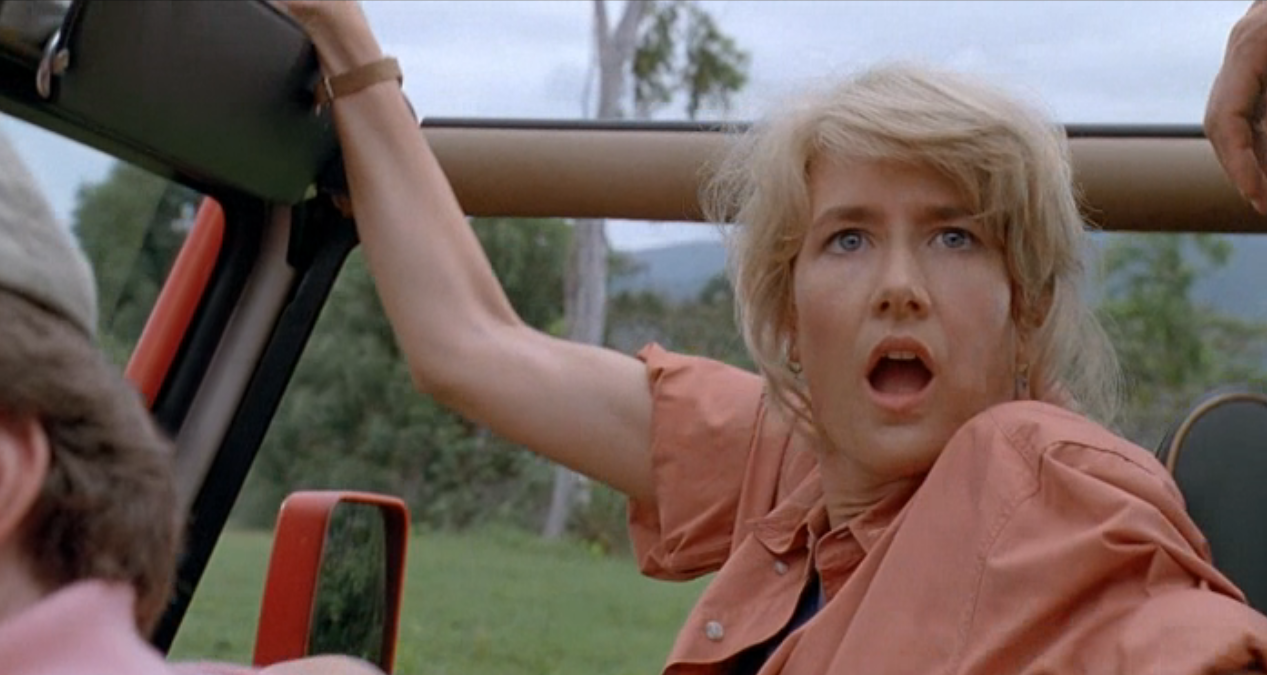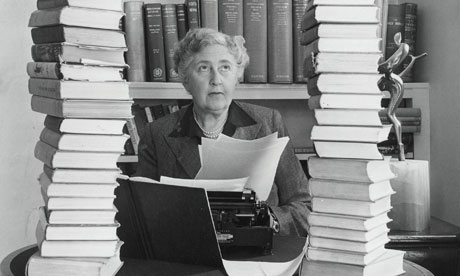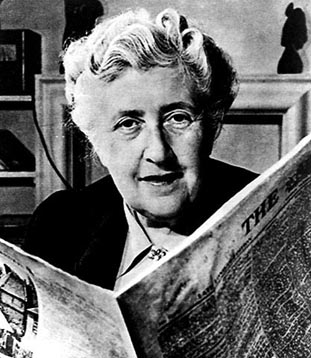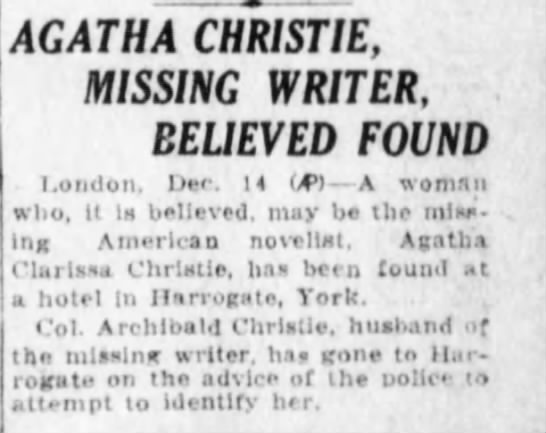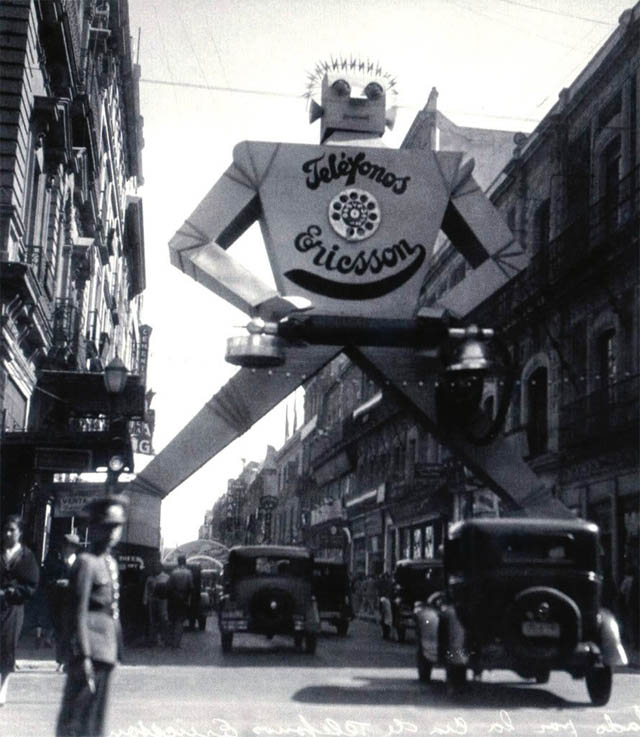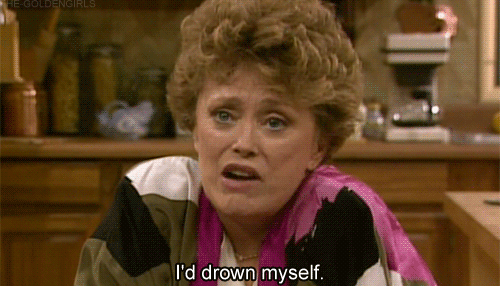
Just once I came across George Whitman in the Paris Shakespeare & Company, but I didn’t pay the eccentric and legendary owner much mind, so distracted I was by the leaking ceiling and broken floor. Still, wow, what a bookshop. From Bruce Handy’s new Vanity Fair piece about the fabled store:
“You know who else loved Shakespeare and Company and who wasn’t a writer with skin in the game? Frank Sinatra—according, that is, to Ed Walters, a former pit boss at the Sands, in Las Vegas, who was taken under Sinatra’s wing in the 1960s and offered this account for a forthcoming history the store plans to publish:
What few Sinatra fans know is that he loved books, especially history books. He was in the casino at a 21 table, playing blackjack and talking with his friends. He told the guys, ‘I’m giving Eddie some books to educate him. He needs it.’
He asked about a book he’d given me, was I reading it. He said, ‘Eddie you must travel and when you do, go to Paris, go to the Shakespeare bookstore. I know the guy there. . . . Go see the guy George—he’s a guy that lives with the books.’
Whitman died on December 14, 2011, two days after his 98th birthday. Unlike many once young bohemians and idealistic self-proclaimed Communists, he hewed to his ideals all the way through to the end. He made a fetish of thriftiness, sometimes cooking from restaurant and market leavings for himself and guests. Unwilling to pay for haircuts, he trimmed his by lighting it on fire with candles. (You can see him do so in a video on YouTube that is equal parts beguiling and horrifying.) His one concession to fashion: a grotty paisley jacket he wore for decades and which had already seen better days when the poet Ted Joans described it as never-been-cleaned in 1974. In short, he was the rare businessman who cared little for money except as a vehicle to expand his shop, which over the decades grew from a single ground-floor room into the multi-floor, ad-hoc institution it is today. In a eulogy he wrote for Whitman, Ferlinghetti described Shakespeare and Company as ‘a literary octopus with an insatiable appetite for print, taking over the beat-up building … room by room, floor by floor, a veritable nest of books.’ I like to think of it as a half-planned, half-accreted, site-specific folk-art masterpiece: the Watts Towers of bookselling, with its warren of narrow passageways lined by casually carpentered bookshelves; its small rooms adorned with whimsical names (OLD SMOKY READING ROOM and BLUE OYSTER TEAROOM); its owner’s favorite epigrams painted above doorways and on steps (LIVE FOR HUMANITY and BE NOT INHOSPITABLE TO STRANGERS LEST THEY BE ANGELS IN DISGUISE); its scavenged floorings, including, in one of the ground-floor rooms, marble tiling Whitman is said to have stolen decades ago from Montparnasse Cemetery and laid down in an abstract mosaic around the store’s ‘wishing well’—a hole in which customers toss coins to be harvested by the store’s more impecunious residents. (Sign: FEED THE STARVING WRITERS.)
Sinatra was right, by the way: Whitman did live with the books, eventually taking a small apartment on the building’s fourth floor (or third, by French floor-numbering convention), which was really just an extension of the store. His own back bedroom had three walls of bookshelves, double-lined with books: novels, poetry, biographies, philosophy, complete sets of Freud and Jung—pretty much anything you can think of, plus the detective novels he kept stashed under his pillows. That bedroom is where, following a stroke, he passed away, so Sinatra could have said he died with the books, too.”








